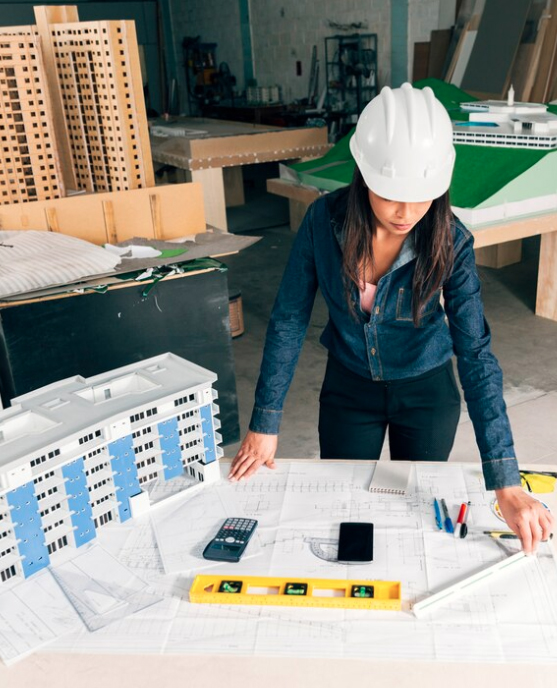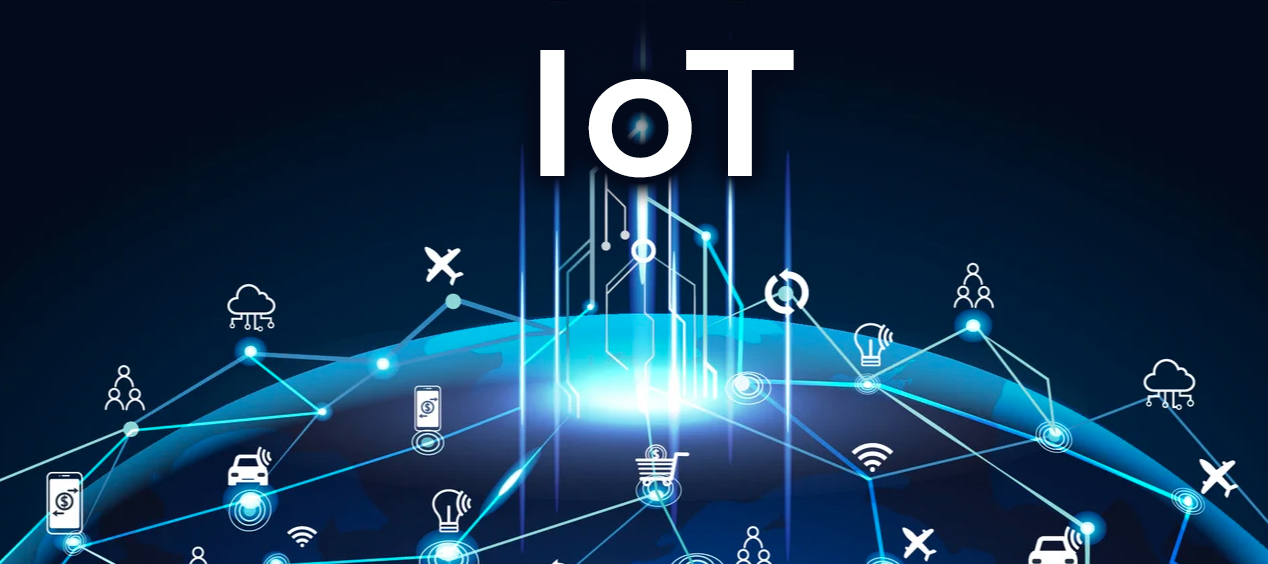
Even though we have been discussing digital transformation for more than a decade, many people still do not fully understand its core value.
Simply put, before the digital transformation era, digital activities were confined to administrative departments and did not involve any users. For example, in an HR system, only the HR admin was involved; users applied for leave, checked tardiness, and made claims outside the HR system.
In a visitor management system, the process involved on-the-spot registration, where the receptionist or guard handled all the necessities, providing credentials for entry and exit. Visitors and hosts did not play any role because there was no pre-registration, invitation, or responsibility for access rights in the admin system. Digital transformation aims to bring all users into digital processes across every industry and activity, interlinking activities and crossing industry boundaries. This complexity leads to significant changes in previously established workflows.
If we focus on the property development industry, how does it affect workflow? Previously, the process was straightforward: developers handed over a completed project with all the hardware installed and a common administrative software, then moved on after admin acceptance. Administrative systems were standardized across most industries, including access control, visitor management, CCTV surveillance management, and lift control, all naturally integrated with ELV (Extra Low Voltage) hardware but standalone for their own purposes. Suppliers could deliver and walk away after completing a project. In the pre-digital transformation era, this process was hardware-driven, with administrative software being supplemental. Housing developers made decisions based on hardware, as administrative software was not a major concern, and its standard purpose can be easily fulfilled.

However, digital transformation has changed the game plan entirely by involving users, who are supposedly the primary group served in any industry. What are these changes? Firstly, an initially hardware-driven project now becomes software-driven. Housing developers must prioritize software, with hardware becoming secondary, taking suggestions from software vendors on hardware requirements. Secondly, when software is designed to cover the full spectrum of user activities, the scope of concerns expands, making building development more complex. Thirdly, there is a transformation from ELV to IoT (Internet of Things). Most ELVs are LAN-based, connecting to local servers, whereas IoT devices are network-based, connecting to the cloud or both. Fourth, all digital activities are interconnected, potentially triggering a chain of reactions based on initial activities. Fifth, the integration of all digital activities is accelerated by ubiquitous smartphones under the location-based super apps. Sixth, all the integrated and interconnected activities form an ecosystem compared to the scattered systems before the digital transformation era. Seventh, an abundance of valuable data will be generated by all the traceable digital activities. Eighth, utilizing this data will enhance user engagement, improving user experience and eventually fostering a digital lifestyle. Ninth, developing sustainable income streams from this digital lifestyle.


Many housing developers are still unprepared for these changes or the opportunities to extend their role to include maintenance, usage, and the emerging near-field commerce concept with the buildings they construct. Visionary developers will recognize that the goal of digital transformation will ultimately lead to business transformation.
About TimeTec:
TimeTec Group was established in 2000. Over the past 20 years, the Group has developed three homegrown, globally recognized IT brands: FingerTec, TimeTec, and iNeighbour. These brands specialize in workforce management, security, smart parking, smart office, smart residential, and smart township solutions, harnessing the power of biometrics, cloud and edge computing, IoT, and AI technologies. All these solutions connect and reshape the landscape of work life and home life within a larger ecosystem.
Through an extensive network, TimeTec Group distributes its biometric hardware products and 18 cloud applications, including IoT devices, to more than 150 countries worldwide. Visit our company websites at TimeTec Cloud, FingerTec, iNeighbour, and TimeTec Building.
Various renowned clients have subscribed to TimeTec’s solutions, including IOI Properties, Putrajaya Holdings, Ibraco, Binastra, Thriven, Hock Seng Lee, QSR Brands, Central Sugars Refinery (CSR), Sunway Constructions, Mamee, Yakult, Nano Malaysia Berhad, and many more. The versatility and feasibility of TimeTec products also attract international customers from around the world, including Hong Kong, Dubai, Australia, South Africa, and beyond.
03-8070 9933 | Email | www.timeteccloud.com | Interest Form
